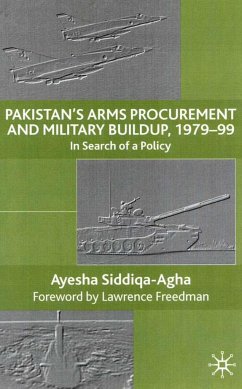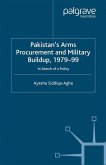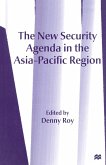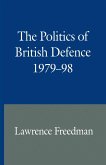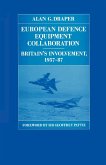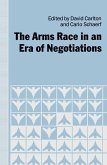The strategic imperative is held as the primary explanation for Pakistan's military buildup. This book presents a fundamental departure in presenting an analysis of the internal dynamics of defence management and decisionmaking in Pakistan - a new nuclear weapon state. This is an in-depth study of Pakistan's security link with its arms suppliers and defence industrial capacity, and the influence of Pakistan's Army on conventional and non-conventional defence decisions. The analysis is backed with numerous case studies of defence decisions carried out from 1979-99.
'...an intriguing study of Pakistan's defence and security...a brave and informative book.' - Kanti Bajpai, New Outlook, June 11 2001
'This book is definitely the best researched book on its subject that this reviewer has come across. It is strong both on analysis and empirical fact-finding.' - Dr. Tariq Rahman, The News International, May 2001
'...filled with interesting revelations and analyses...a brave and informative book.' - Kanti Bajpai, Outlook
'This book is definitely the best researched book on its subject that this reviewer has come across. It is strong both on analysis and empirical fact-finding.' - Dr. Tariq Rahman, The News International, May 2001
'...filled with interesting revelations and analyses...a brave and informative book.' - Kanti Bajpai, Outlook

